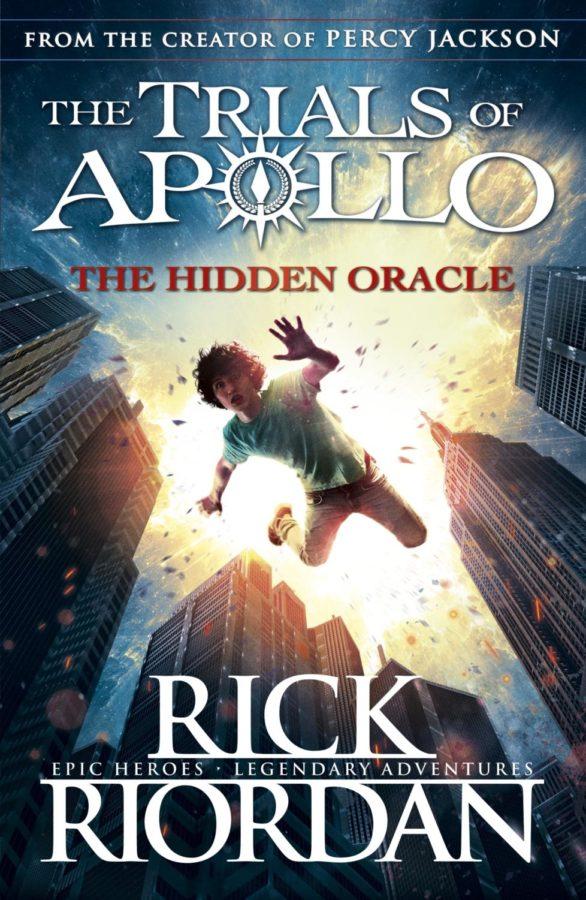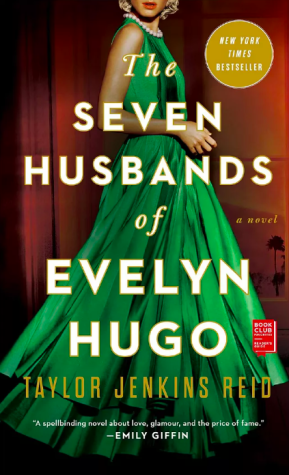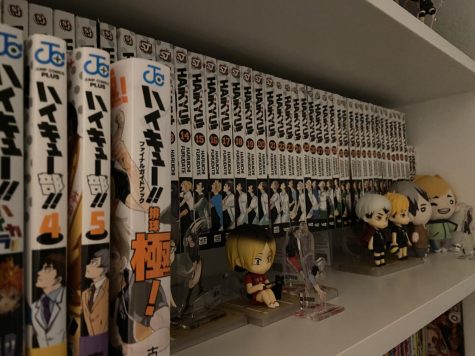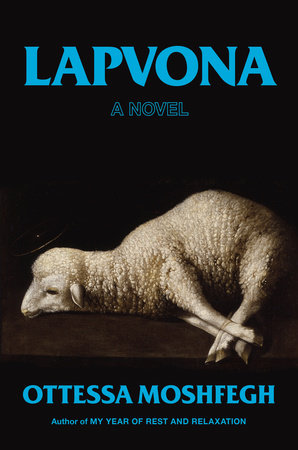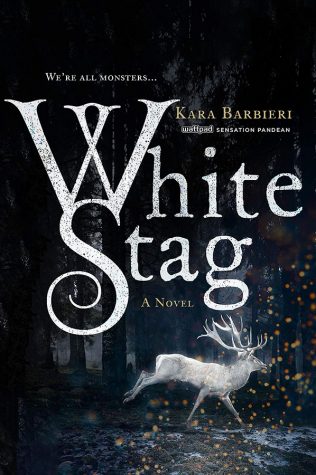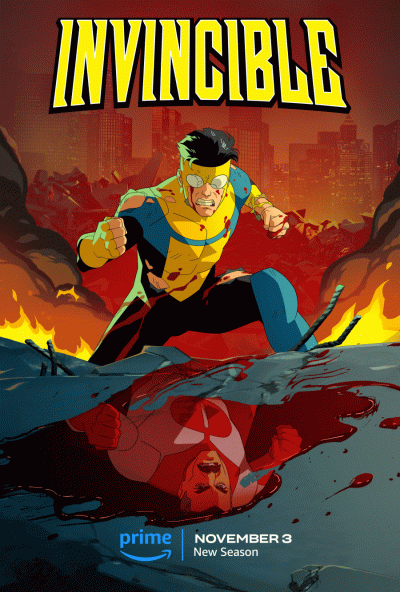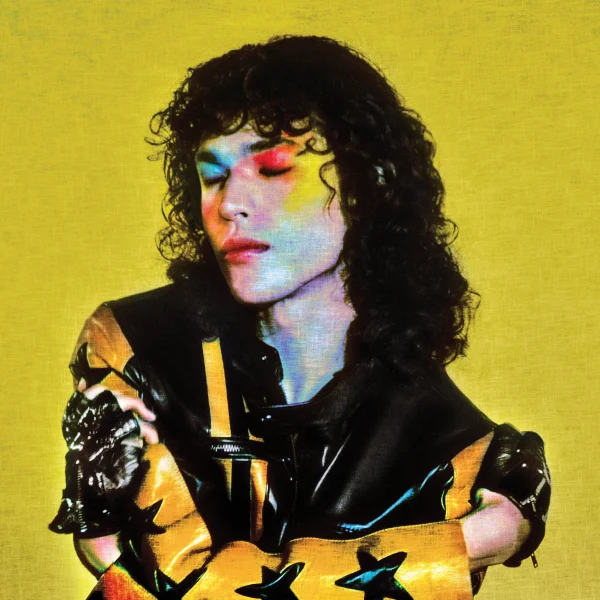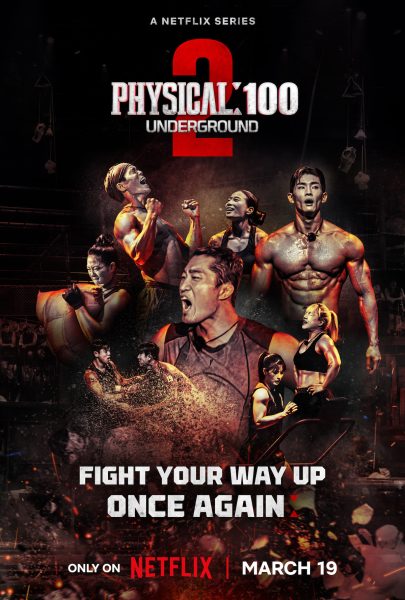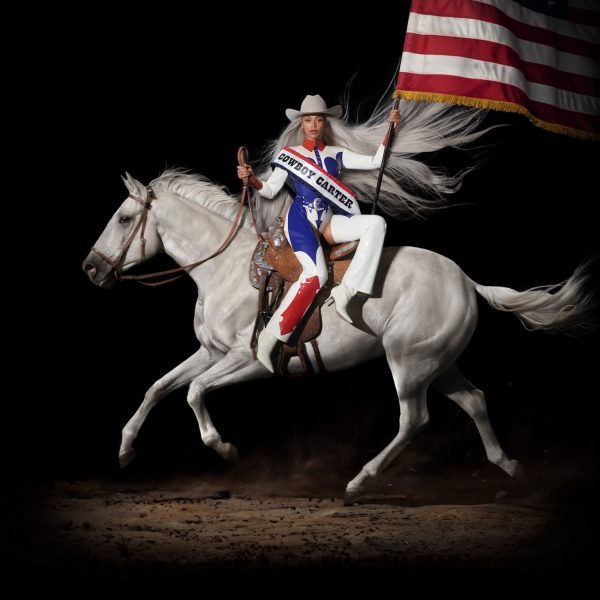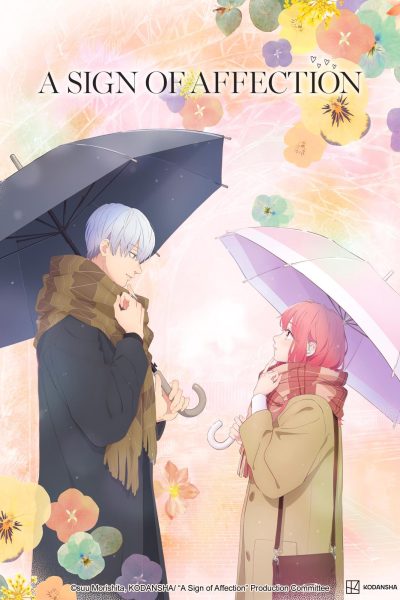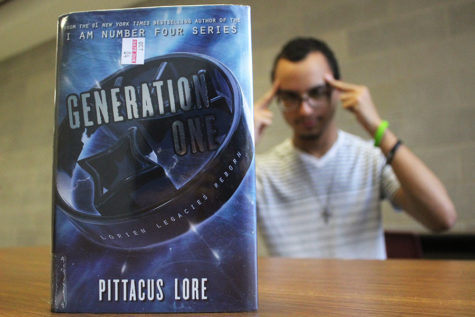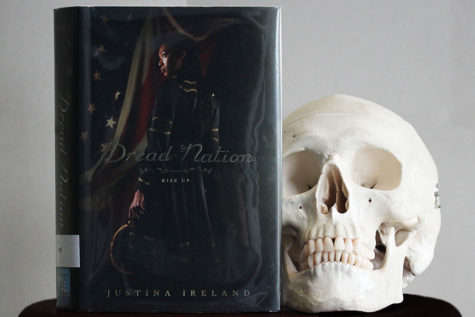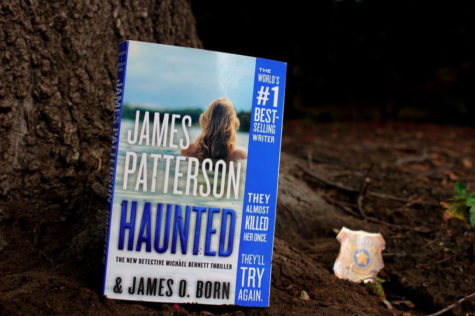Farmer Fiction: ‘The Trials of Apollo: The Hidden Oracle’ keeps readers guessing
Experience mortality from a Greek god’s perspective as he battles his way back to Olympus
Following the success of his book series “Percy Jackson & The Olympians” and the “Heroes of Olympus,” New York best-selling author Rick Riordan continues the adventure with “The Hidden Oracle.”
It is the first of the “Trials of Apollo” book series, published on May 3, 2016. The second book, “The Dark Prophecy” was published a year later on May 2, 2017. The third book, “Burning Maze” will be published this year in early May.
Book one, “The Hidden Oracle,” takes place a couple of weeks after the events of the Heroes of Olympus series and focuses on Apollo, a Greek god who is punished for his son’s actions in the last series.
He is turned mortal by his father Zeus and is left in a dark alley of Manhattan. His mortal name is Lester Papadopolous and compared to his godly body that he can change at will, his human form carries a bit of flab, and to Apollo this is an insult. To make matters worse, Apollo must prove himself worthy of becoming a god again by helping the demigod children; the first place that comes to mind is Camp Half-Blood, the training camp of young heroes.
Apollo finds it hard to believe he is a mortal now and throughout the entire book he denies and fears the truth: his godly powers are gone and he can’t change form.
The book takes a more comedic route with Apollo’s sense of humor and constant insults to demigods for not respecting him as a god. Rather than using other character’s perspectives for a few chapters to tell the story in different angles like in the “Heroes of Olympus” series, this series only focuses on Apollo’s point of view.
While at first he views being human as horrible and degrading, he starts to experience feelings he can’t recognize. Of course the fact that he doesn’t comprehend emotions infuriates him, but it helps him have a deeper understanding of what it means to be human. For instance, when he sees his children are great archers and wonderful people, he feels a sense of pride he originally wouldn’t feel for them.
Another human flaw is that now he can die. Yes, Apollo, the god of the arts can now be killed in his mortal form. This fact makes Apollo hesitant to do what he is fated to do but like all demigods, he has no choice in the matter.
This book is filled with challenging fight scenes and of course the usual plot twists and character development known to the book series. “The Hidden Oracle” is filled with interesting characters and the dialogue exchange from character to character is the reason for its 10/10 rating. It’s a great continuation series for Percy Jackson & The Olympians.



